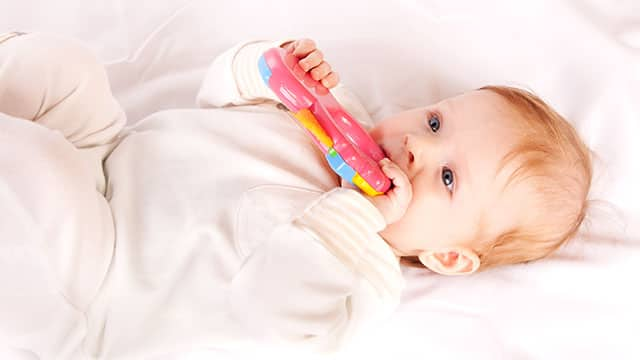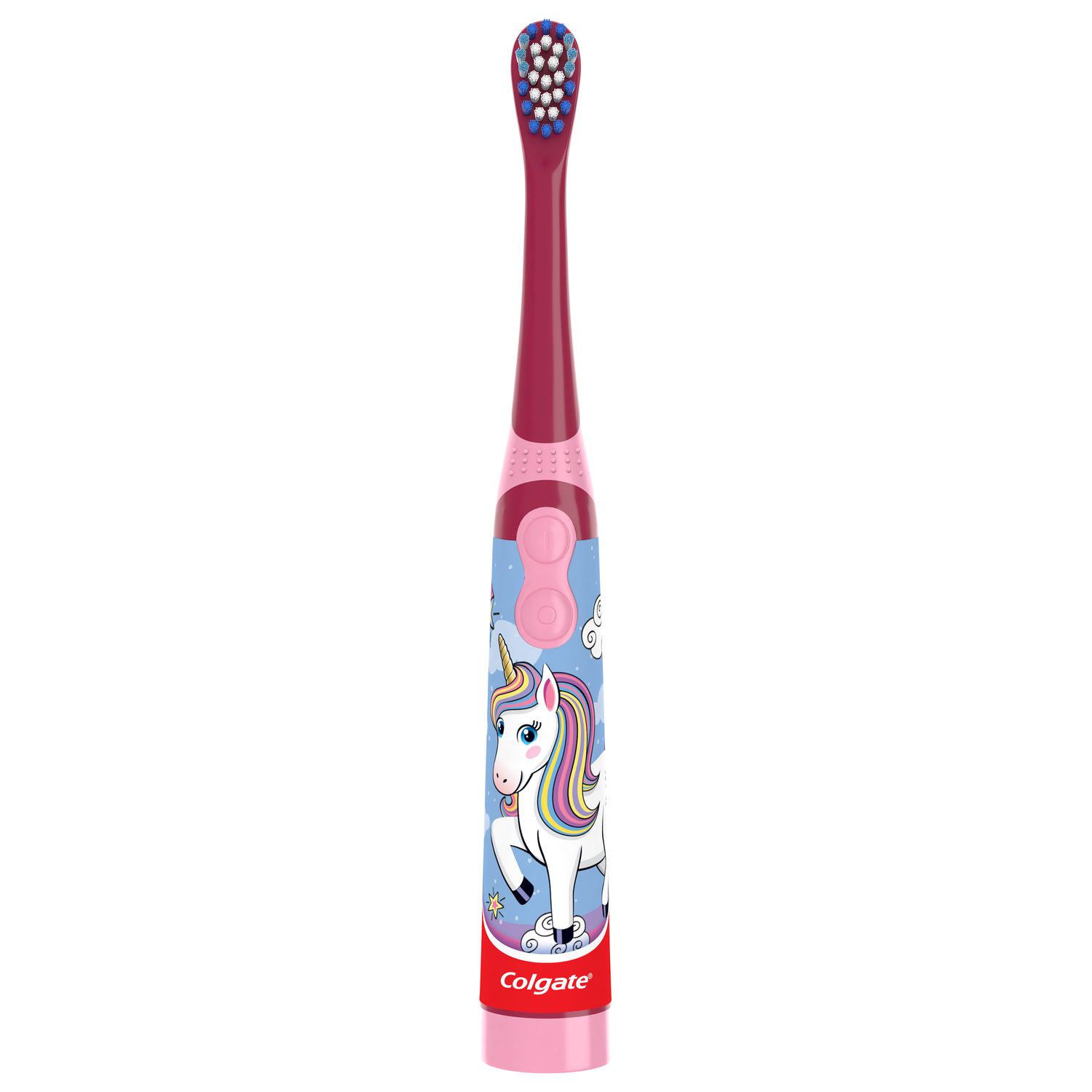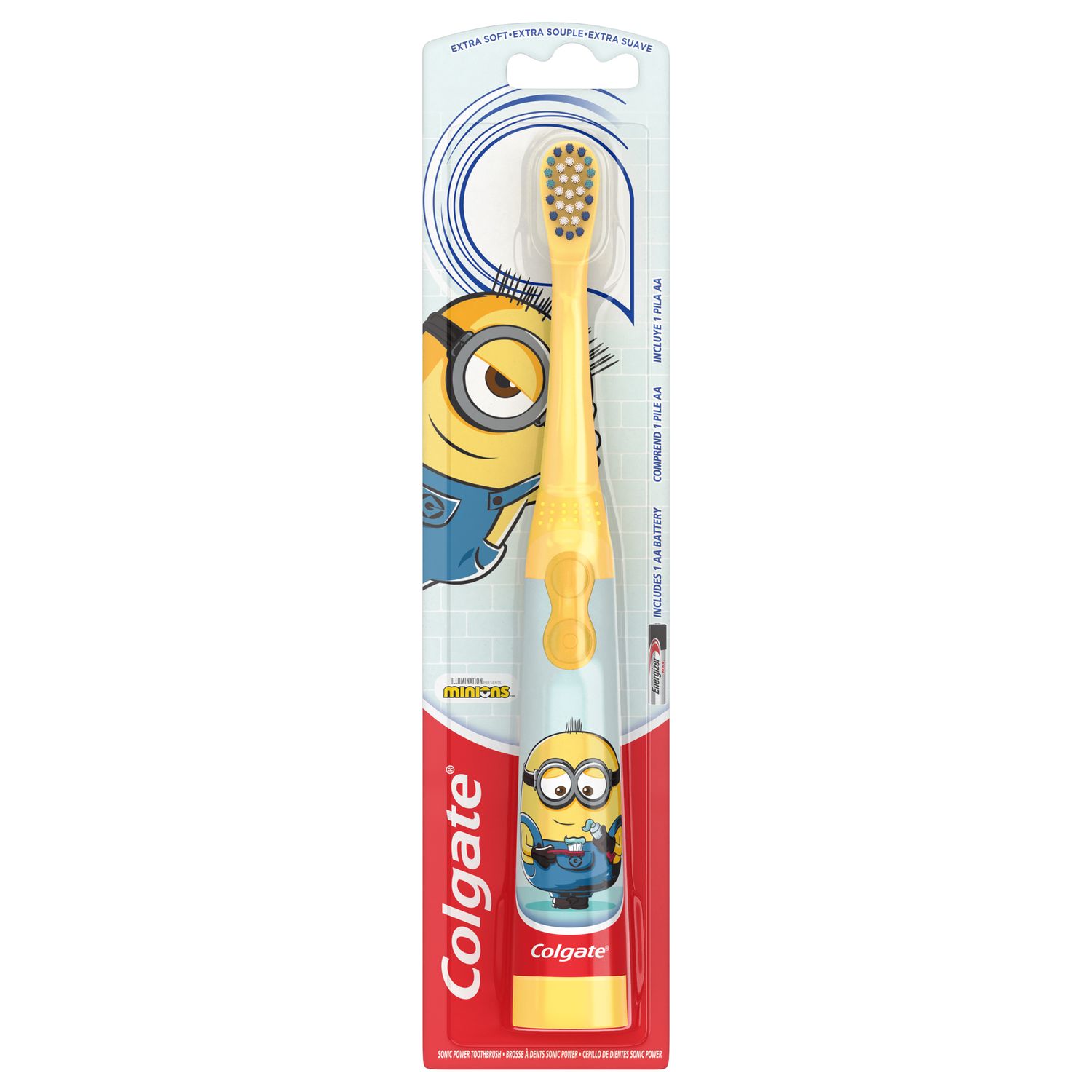What’s a Teething Ring?
Signs of teething include tender or swollen gums, irritability, drooling, trouble sleeping, refusing food, and biting on hard objects. Giving your child a cool object like a teething ring to chew on might help. A teething ring is a type of teething toy. It’s easy for small fists to grasp and provides the pressure needed to soothe sore gums.
Teething Ring Safety Tips
Are teething rings safe? While they’re perfectly safe, there are some things to keep in mind to ensure that nothing goes wrong while using them.
Keep it cool, but not cold. While a cool teething ring can give your baby some relief, a teething ring that's frozen or too cold tends to be too hard for your little one’s gums. According to the AAP, frozen teething rings can do more harm than good, and they might bruise your baby’s delicate gums. Instead, place the ring in the refrigerator to make it cool before giving it to your baby to use.
Exercise caution. Watch over your child when they use the teething ring. MedlinePlus cautions parents not to tie the ring around their baby’s neck to keep it in place. This could cause a risk of choking or strangulation.
Choose the right material. Teething rings come in many materials, from plastic to silicone. Avoid ones that are filled with liquid. Your baby’s chewing could easily break the ring, causing a foreign liquid to spill into your child’s mouth. Some kinds of plastic teething rings are also easily breakable, which could be a choking hazard for your baby. You’ll also want to ensure that the teething ring doesn’t have any small parts attached to it, like decorations or rattles. While they might entertain your child, small parts can be dangerous for your child.
How Else Can I Ease My Baby’s Discomfort?
If you’re concerned about using a teething ring, here are some other ways to make your baby feel more comfortable:
- Gently rub the gums with a cool washcloth or a clean finger. Remember to wash the cloth every time you use it.
- If your child has started eating solids, you can feed them cool, soft foods like applesauce.
- Try using a bottle but remember to only fill it with water.
Teething can be a difficult time for you and your newborn. But teething toys like teething rings can offer your little one some relief. We hope these teething ring safety tips have addressed your worries, but don’t hesitate to raise any specific questions or concerns you might have with your child’s pediatric dentist or pediatrician. Together with their help, you can ensure that your baby is comfortable and happy!
Oral Care Center articles are reviewed by an oral health medical professional. This information is for educational purposes only. This content is not intended to be a substitute for professional medical advice, diagnosis or treatment. Always seek the advice of your dentist, physician or other qualified healthcare provider.
ORAL HEALTH QUIZ
What's behind your smile?
Take our Oral Health assessment to get the most from your oral care routine
ORAL HEALTH QUIZ
What's behind your smile?
Take our Oral Health assessment to get the most from your oral care routine















